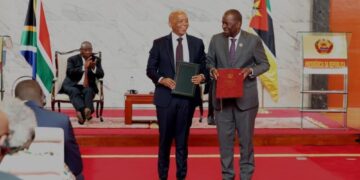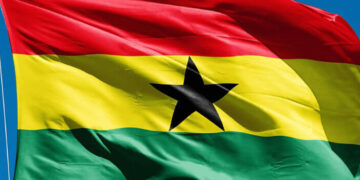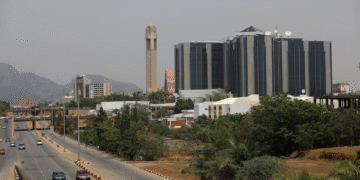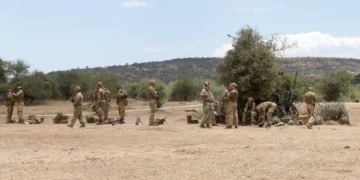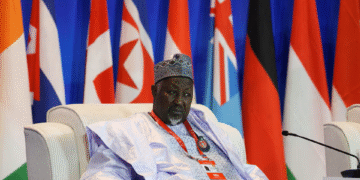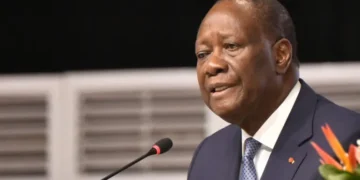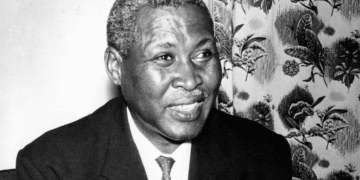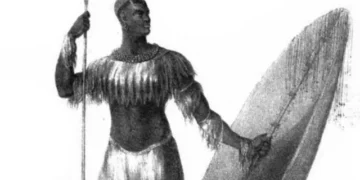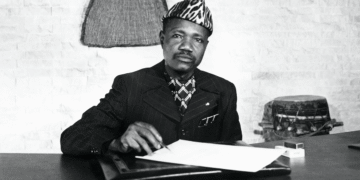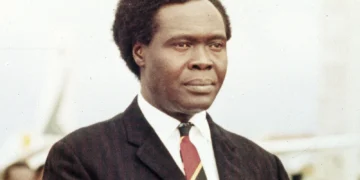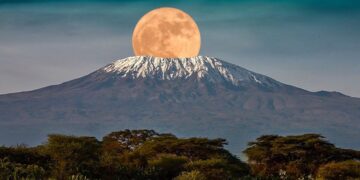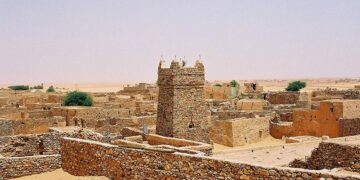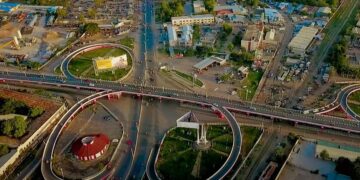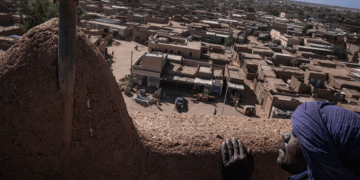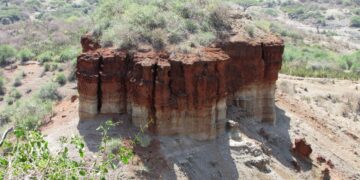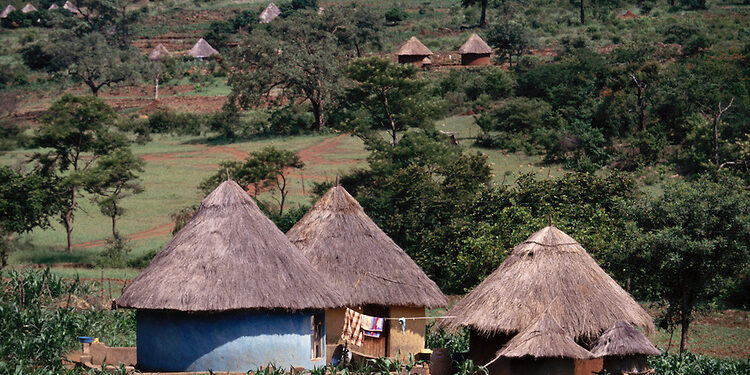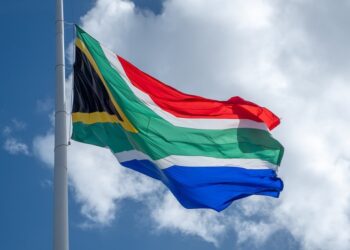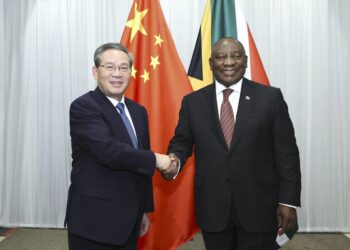The Venḓa (VhaVenḓa or Vhangona) are a Bantu people native to Southern Africa living mostly near the South African-Zimbabwean border. The Venda language arose from interactions with Sotho-Tswana and Kalanga groups.
The Venda have been called a “composite people” because they have historically consisted of a multiplicity of culturally different groups. Apparently, the Venda have become more culturally uniform since they settled in their present location after migrating through Zimbabwe from an area farther to the northwest, and almost all now speak the Venda language.
The Venda’s history begins in the Kingdom of Mapungubwe (9th century), with ruler Shiriyadenga being the first ruler of both Venda and Mapungubwe. The Mapungubwe Kingdom extended from the Soutpansberg in the south across the Limpopo River to the Matopos in the north. The kingdom fell in 1240, and authority shifted north to the Great Zimbabwe Kingdom. The mythical chief Thoho-ya-Ndou (Head of the Elephant) established the first Venda colony in the South Pansberg.
The Venda language, known as TshiVenda or LuVenda, evolved as a unique dialect in the sixteenth century. In the twentieth century, TshiVenda vocabulary was comparable to SeSotho, while the syntax is closer to Shona dialects spoken in Zimbabwe.
Today, over 875,000 people in South Africa speak Tshivenda. The Venda’s history began with the Mapungubwe Kingdom in the ninth century. According to historical records, King Shiriyadenga was the first ruler of Venda and Mapungubwe. Shiriyadenga was succeeded by his children.
Houses are traditionally wattle-and-daub constructions with thatched roofs. Several houses are linked together with mud brick walls and arranged around an open central courtyard with a central fireplace where the family sits in good weather.
Culturally, the Venda people are closely related to the Kalanga, Lobedu, Sotho-Tswana, and Shona groups, reflecting the interconnectedness of Southern African societies.
Their traditions include unique rituals, sacred sites, and artistic expressions such as intricate wood carving, pottery, and traditional music. Their spirituality often combines Christianity with traditional African religion, emphasizing respect for ancestors and nature.
The Venda people’s territory was declared as a homeland under apartheid; therefore, they were mostly insulated from the political and social changes that impacted the rest of the country. Today, many Venda people live in Thohoyandou, Limpopo Province, South Africa. It is situated near Zimbabwe’s border.
Venda people today also rely on agriculture, growing corn, peanuts, beans, peas, sorghum, and other vegetables. They also keep cattle, goats, sheep, pigs, and fowl. Tribal chiefs are responsible for the land, and local headmen allow household groups to work tracts of land.
The Venda chiefs are traditionally custodians of the land for their people, while local headmen permit household groups to occupy and work tracts of land. Lineages of kinsmen, with membership based on patrilineal descent, are used to reckon inheritance and succession.
Cattle are given as bridewealth by a groom in a custom called lobola. Matrilineal descent is also observed by the Venda, especially in the religious practice of the ancestor cult. Ancestral spirits, including those of chiefs, are among those thought to inhabit the Venda countryside. Ralu Vhimba is the deity traditionally recognized.



